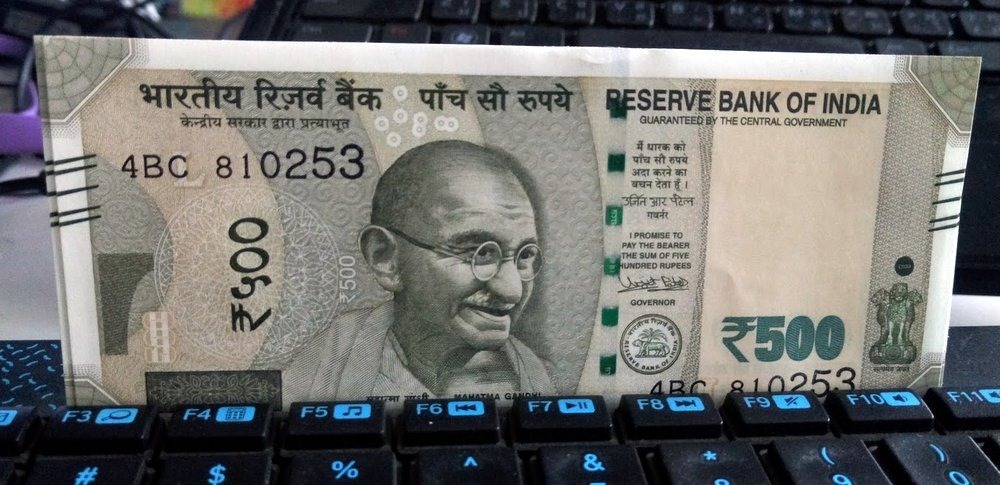The Reserve Bank of India, RBI, tightened rules pertaining to banks’ cash payout services.

The new standards require lenders to maintain a record of recipients.
RBI Tightens Rules For Cash Payout Services
Transferring funds from bank accounts to beneficiaries who do not have bank accounts is referred to as cash pay-out.
The RBI updated the “Domestic Money Transfer” framework that was published in October 2011.
The remitting bank must get and maintain a record of the beneficiary’s name and address in order to provide cash pay-out services, “The remitting bank shall obtain and keep a record of the name and address of the beneficiary.”
The revised guidelines will take effect on November 1, 2024.
Remitting banks or business correspondents (BCs) must register the remitter using a validated mobile phone number in order to use cash pay-in services.
The remitter must additionally supply a self-certified “officially valid document (OVD)” in accordance with the know your customer (KYC) directive.
A remitter’s every transaction needs to be verified by an extra layer of authentication (AFA). The remitter bank should include the remitter details in the IMPS/NEFT transaction message.
However, the new framework does not include guidelines for card-to-card transfers.
Foreigners In India Can Now Use UPI With ‘UPI One World’
The National Payments Corporation of India (NPCI) has created the “UPI One World” wallet for foreign travelers to improve their use of the Unified Payments Interface (UPI).
By doing away with the need for currency, this effort seeks to make financial transactions for visitors from other countries easier.
Under the direction of the Reserve Bank of India, it was created in collaboration with IDFC First Bank and Transcorp International Limited (RBI).
Initially launched during the G20 summit for a select group of countries, the service is now available to all foreign tourists. Tourists can use the UPI One World wallet to make payments at merchant locations by scanning QR codes with the UPI One World app.












